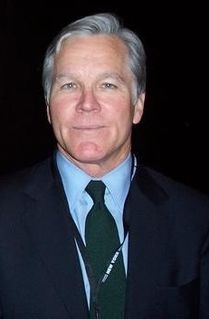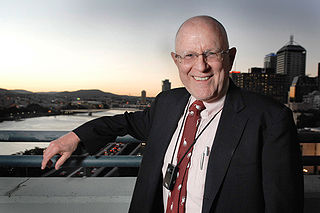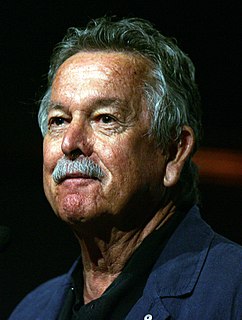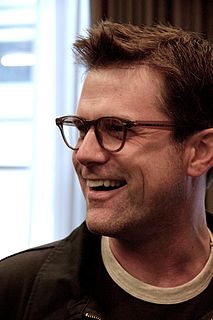A Quote by Bill Keller
There is something decidedly faux about the camaraderie of Facebook, something illusory about the connectedness of Twitter.
Quote Topics
Related Quotes
I love Twitter, you know? I try to read everything I can on Twitter. You get so much nice feedback about stuff, you know you just put out a sentence and everybody laughs or everybody's just sending something back. It's amazing. Same with Facebook, you know? I'm a lot on Facebook and it's just - it's just amazing. And YouTube, of course, as well.
You have to be careful with fans, they'll turn on you. They turn quick. Twitter can go dark fast. If you talk about something serious on Twitter, you better be ready. If you try to pull out real facts or talk about political opinions or something religious, forget it. Like if people asked me who I was voting for, you couldn't touch that one.
You're gonna die. You're gonna die. And nobody's gonna care which version of the iPhone you used to make something on Twitter, or to go and post about your bowel movement on Facebook. And I'm not even talking about legacy; I'm talking about the fact that I personally feel most alive when I'm making something, and I feel least alive when I'm being led around by some obnoxious use of my attention that I wasn't aware of. To me, that's the thing. You can buy the jogging shoes and you can buy the Runner's World, but until you put them on and walk out the door every day, you're just a fat man.




































